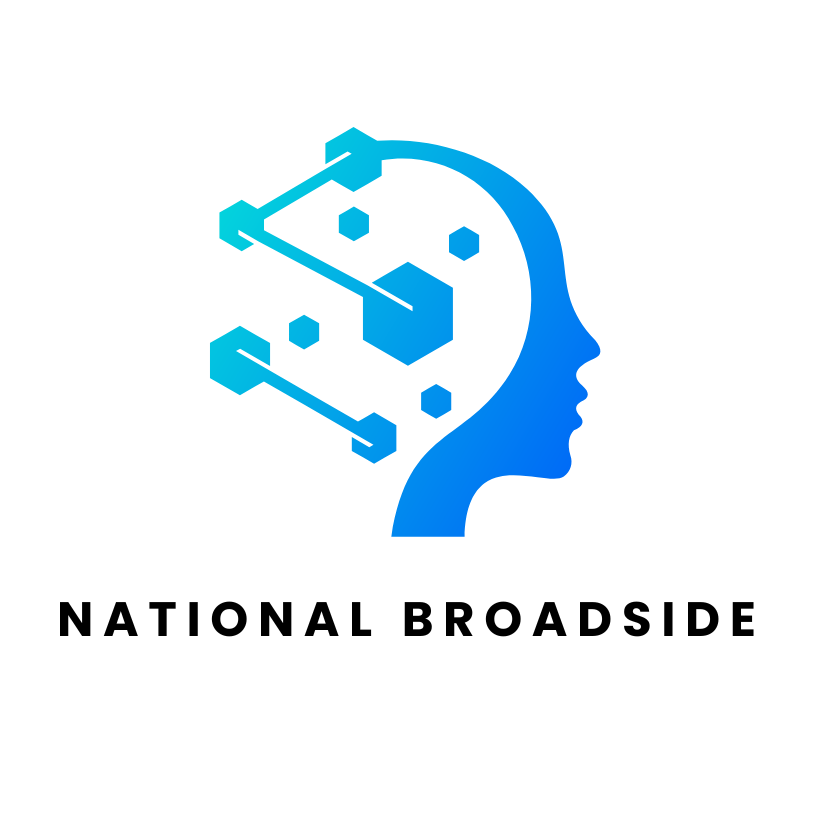Table of Contents
ToggleIn a world where machines are learning to outsmart humans at chess and even telling jokes that tickle the funny bone, AI companies are leading the charge. These innovative powerhouses are not just about algorithms and data; they’re redefining how we live, work, and interact. Imagine a future where your coffee brews itself while your virtual assistant reminds you of that awkward Zoom meeting you keep forgetting.
Overview of AI Companies
AI companies play a pivotal role in developing technology that enhances daily experiences. These organizations focus on machine learning, data analysis, and automation to produce innovative solutions. Key players include tech giants and startups, each contributing unique offerings to the market.
Tech giants like Google and Microsoft invest heavily in AI research and development. They provide cloud computing services that feature powerful machine learning tools. Organizations such as IBM offer AI-driven analytics platforms, enhancing data insights for businesses.
Startups frequently emerge with niche services that address specific needs. For instance, many focus on natural language processing, enabling more intuitive human-computer interaction. Others concentrate on computer vision, allowing machines to interpret visual data effectively.
Investments into AI companies have surged, with the global AI market projected to reach $190 billion by 2025. This growth indicates a strong demand for AI applications across various sectors, such as healthcare, finance, and retail. Startups and established companies work together through partnerships, driving innovation and improving service efficiency.
These collaborations often lead to enhanced products that redefine customer experiences. The focus remains on ethical AI implementations, ensuring technology benefits society. AI companies prioritize transparency and accountability in their developments, fostering trust in their solutions.
Leading AI Companies in the Market

The landscape of artificial intelligence features numerous prominent companies driving innovation and development. Many organizations leverage advanced technologies to enhance daily experiences and improve service efficiency.
Company Profiles
Google, a leader in the AI sector, invests significantly in research and development. Their emphasis on machine learning and natural language processing fosters a vast array of applications from voice assistants to search algorithms. Microsoft follows closely, integrating AI across its product lines, notably in Azure cloud services and Office 365. Notable startups such as OpenAI focus on creating cutting-edge models for natural language understanding, while Nvidia specializes in AI hardware that powers high-performance computing tasks. These players collaborate with various industries like healthcare and finance to provide tailored AI solutions.
Key Innovations
Advancements in AI systems thrive on key innovations originating from these companies. Google’s TensorFlow facilitates building machine learning models efficiently, becoming a foundational tool for many developers. Microsoft’s Azure AI provides robust cloud services equipped with cognitive capabilities, streamlining data processing and analysis. OpenAI’s GPT-3 revolutionizes conversational AI with its capacity to generate human-like text, driving applications in customer service and content creation. Nvidia’s graphics processing units enhance computational power, enabling real-time data analytics and deep learning. These innovations significantly shape the capabilities and applications of AI across sectors.
Impact of AI Companies on Industries
AI companies significantly transform various industries, enhancing productivity and service delivery. Their influence spans multiple sectors, including healthcare, finance, and retail.
Healthcare
AI companies revolutionize healthcare through improved diagnostic tools and patient care. Machine learning algorithms support medical imaging analysis, increasing accuracy in detecting conditions like cancer. Virtual health assistants provide patients with timely information and follow-up reminders. Businesses like IBM Watson Health develop natural language processing systems that help physicians analyze large datasets efficiently. Predictive analytics also aid in anticipating patient outcomes, improving treatment strategies. According to analysts, AI in healthcare is expected to surpass $34 billion by 2025, highlighting the industry’s growing reliance on technology.
Finance
AI companies impact the finance sector by enhancing risk management and customer support. Algorithms evaluate transaction data to identify fraudulent activity, protecting consumer assets. Investment firms utilize robo-advisors for portfolio management, offering personalized recommendations quickly. Automated trading systems analyze market trends, facilitating faster decision-making. Institutions like JPMorgan Chase leverage AI tools to streamline compliance processes, reducing operational costs. Research forecasts the AI in financial services market will reach $22.6 billion by 2026, demonstrating the technology’s critical role in reshaping financial operations.
Retail
AI companies reshape retail by personalizing customer experiences and optimizing inventory management. Algorithms analyze consumer behavior to tailor recommendations, increasing conversion rates. Chatbots assist customers in real-time, enhancing service satisfaction. Major retailers like Amazon leverage machine learning to optimize pricing strategies and reduce supply chain inefficiencies. Data-driven insights help businesses forecast demand, ensuring product availability. Market analysis predicts AI in retail will reach $19.9 billion by 2027, illustrating the transformative effect on consumer shopping habits and operational efficiency.
Challenges Faced by AI Companies
AI companies encounter multiple challenges that impact their growth and effectiveness in the evolving market. These obstacles range from ethical considerations to intense competition.
Ethical Considerations
Ethical challenges significantly affect AI development and deployment. Transparency must be prioritized to ensure users understand AI systems and data usage. Privacy concerns prompt scrutiny regarding how organizations handle personal information and decision-making processes. Companies face the dilemma of bias in algorithms, which can result in unfair treatment for certain demographics. Implementing fairness in AI requires ongoing efforts and evaluations. Regulatory frameworks need to evolve alongside AI technology to mitigate risks and establish guidelines.
Competition and Market Dynamics
Competition among AI companies intensifies as the market expands rapidly. Major players like Google and Microsoft hold substantial market shares due to their investments and product innovations. Startups that focus on niche technologies like computer vision and natural language processing strive for differentiation. Rapid advancements often lead to mergers and acquisitions, allowing larger firms to absorb innovative ideas and talent. Market dynamics shift as companies seek strategic partnerships to enhance their offerings and expand their reach. Adapting quickly to emerging trends remains crucial for maintaining a competitive edge.
Future Trends in AI Companies
Emerging trends in AI companies showcase advancements in automation and machine learning that fundamentally reshape industries. Enhanced machine learning algorithms enable more accurate predictions in sectors like healthcare and finance. Startups and established corporations increasingly collaborate to drive innovation, creating solutions that integrate AI seamlessly into everyday life.
Investments in ethical AI are rising. Companies recognize the importance of transparency and accountability to build user trust. As regulatory frameworks evolve, organizations prioritize compliance to navigate privacy and ethical concerns efficiently.
Natural language processing continues to mature. Enhanced capabilities allow AI systems to understand context better, improving user interactions with virtual assistants and chatbots. Voice interfaces gain popularity as more businesses integrate this technology into customer service operations.
Competition among AI companies intensifies. Tech giants like Google and Microsoft expand their offerings, while startups carve out niches with specialized solutions. The rapid pace of innovation leads to frequent mergers and acquisitions, reinforcing market dynamics.
AI’s impact on remote work and collaboration tools grows significantly. Intelligent systems enhance productivity through automation of routine tasks. Predictive analytics empower businesses to make informed decisions based on real-time data.
The healthcare industry experiences remarkable transformations, driven by advancements in AI diagnostics. Companies like IBM Watson Health develop solutions that streamline patient care and improve outcomes. Similarly, financial institutions leverage AI tools for risk management and fraud detection.
AI’s role in retail evolves, focusing on personalized customer experiences. Businesses utilize machine learning for targeted marketing strategies and inventory optimization. As the market continues to expand, the potential for further AI integration remains vast, promising ongoing innovation across all sectors.
AI companies are at the forefront of a technological revolution that’s reshaping industries and enhancing everyday experiences. As they continue to innovate and collaborate, the integration of AI into daily life becomes more seamless and impactful. With significant investments and advancements in ethical practices, these companies are not only driving productivity but also fostering trust among users.
The landscape is dynamic and competitive, with both established giants and agile startups pushing the boundaries of what’s possible. As AI technology evolves, its potential to transform sectors like healthcare, finance, and retail remains immense. The future holds exciting possibilities as AI continues to redefine how individuals and businesses operate.







